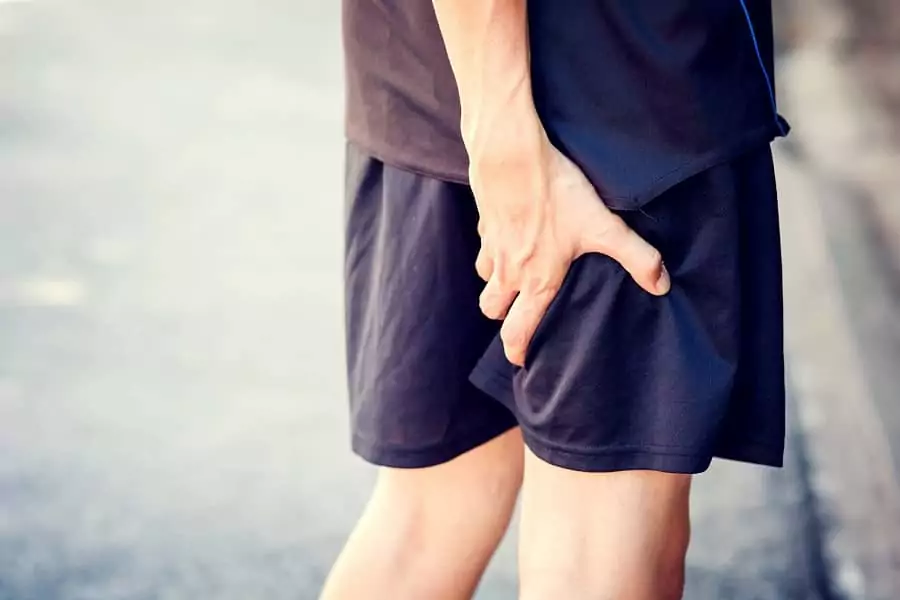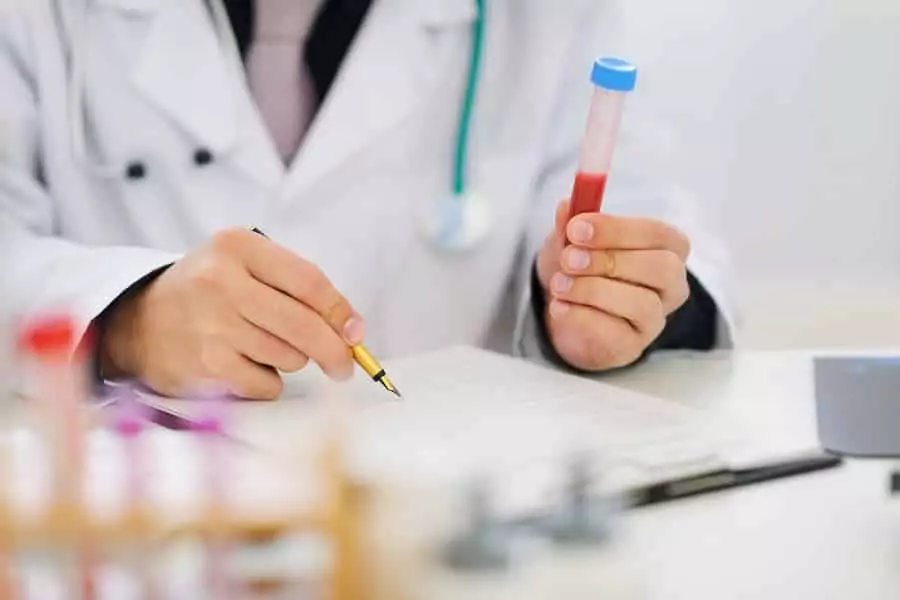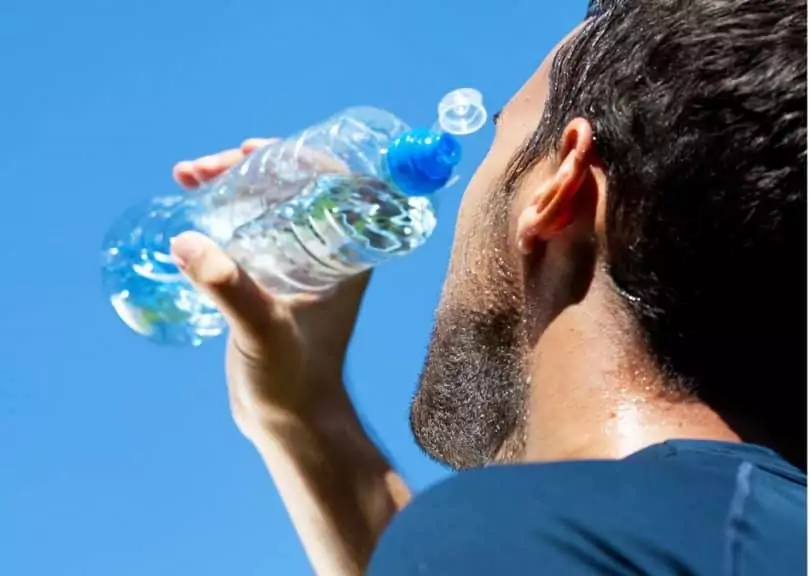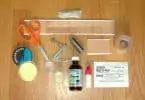When it comes to healthy living, the phrase “drink a lot of water” is common. To many who know the importance of taking lots of water, this phrase is positively embraced. And there is nothing wrong with this considering it has a full list of benefits.
These benefits include; flushing out body toxins, maintaining a bright, healthy skin, relieving, helping in weight loss among many other advantages. However, at times, a lot of water in the body can cause overhydration.
Causes of Overhydration
There are usually two main causes of overhydration;
- Increased intake of water: there is a reason why there is a specific amount of water that you should take on a daily basis. This water helps you achieve the health benefits above. However, if you take too much, your kidneys will have a problem getting rid of it through urine.
- Water retention: this is caused by medical conditions which make it hard for the body to get rid of the water. It’s the most dangerous type of overhydration as it leads to an imbalance between blood salts and body water.
- Medical conditions that cause water retention include: heart failure, liver problems, kidney complications and syndrome of inappropriate antidiuretic hormone (SIADH)
If the body is taking in more water than it is losing, there is a high likelihood of getting overhydration. Initially, there are no serious observable symptoms, but if it gets severe, there are evident signs as we are going to see below.
Overhydration Symptoms and Signs
Just like any other disease or body complication, overhydration has signs and symptoms that you should look out. Brain cells are the most affected by low sodium levels caused by the increase of water in the body.

If water accumulation occurs slowly, the brain cells have time to adapt to the changes hence unnoticeable signs at the initial stages. However, if overhydration happens rapidly, severe problems related to the brains will be noted immediately.
- Quick to irritate, drowsiness, confusion and being inattentive are some of the first signs that you will realize. One also tends to shout while suffering from overhydration. As you can see, these first symptoms are related to the brains and the reason is that is the first organ to feel the effects of low sodium levels in the body.
- Nausea, vomiting, and headaches.
- Blurred vision, other eyesight problems
- Muscle cramps
- Unending seizures that might even lead to comatose
- Overhydration can also lead to paralysis on one side of the body and in other cases lack of body parts coordination.
- One can also experience anemia and hemorrhage which result from high acidity in the blood
- Overhydration also causes a decrease in oxygen levels in the body leading to cyanosis.
Dangers of Overhydration
In addition to the above symptoms, overhydration can cause other problems that are life threatening.

If it goes untreated for a long time, overhydration causes hyponatremia which is a decrease in body sodium to dangerous levels. This result into:
- Weakening of the body muscles
- Unconsciousness
- Cramping
- Seizures
- Comatose
The mental problems that result from excessive water in the body can lead to confusion. These issues make it hard for someone to concentrate or do anything sensible.
How Do You Avoid Being Overhydrated?
The effects of overhydration are many and detrimental as you can see above. It is, therefore important to keep your health in check to ensure you do not fall a victim of this condition. So, how do you go about avoiding overhydration? The following tricks will help keep your water levels in check.
Taking only as much water as you need is one of the most important precautions that you can adopt to avoid problems. You can achieve this by keeping watch of your thirst levels. Do not blindly take water just because the adage tells us to take eight glasses of water per day.

The amount of water you take should be determined by whether you involve with activities that make your sweat such as exercising. If you are not sure if you are drinking enough water, check your urine color.
If the urine is dark yellow, you need to increase your water intake. If it is amber clear, then know your water levels are in check.
The weather should also determine the amount of water you take in a day. If it’s not too hot, your body won’t excrete sweat and therefore no need of taking too much water.
You may also read our piece on looking for the best hydration drink to give you more options.
On the other hand, being exposed to too much sun increases the likelihood of your body will sweat a lot. To cover for the lost water, you need to take a lot of water.
However, you can likewise avoid taking a lot of water during hot days by;
- Staying indoors where it’s cool; this prevents over sweating.
- Make sure you wear light weight and bright clothes that emit heat, unlike thick and black clothes that absorb heat and make you all sweaty. For the list of the top clothing suited for hot weather, see our article dealing with topic.
- Be sure to take at least two glasses of water/non-alcoholic fluid while exercising.
- Ensure you rest in shady places
To find out how long water stays in our body, see our article dealing with this topic.
Overhydration Diagnosis
You should visit a physician if you note any of the symptoms mentioned above. Your doctor will do tests that will help confirm your suspicions by carrying out;
- An evaluation
- A blood test
The assessment test helps determine whether the symptoms are caused by overhydration or by an excess of other body fluids such as salt and blood.

The blood test will give electrolytes concentration hence knowing what it is that you are suffering from precisely.
How to Treat Overhydration
- If diagnostic tests confirm that one has overhydration, reduction in water intake is advised.
- Where overhydration occurs due to heart or kidney diseases, other body fluid levels are also high. In such cases, the doctor will advise you to cut off the use of salt as it retains water in the body.
- In cases where the condition is severe, one might be admitted and prescribed with diuretics to help increase urine flow hence getting rid of excess water. However, prescription of these medicines only happens under a doctor’s supervision.
Any other underlying conditions that might cause water retention should be treated accordingly.
How Do You Avoid Overhydration?
As you have seen, overhydration can cause fatal health problems.

Like many other diseases that can be prevented, you need to know how to stay healthy and avoid this unforgiving condition. You can achieve this by;
- Always making sure you take water when your body needs it; you can sense this through thirst.
- Always be on the know-how about your weight. You can do this by taking weighing weekly. If you note suspicious weight fluctuation, notify your doctor or take a test.
- When it comes to health matters, you can never be too careful. That’s why it is important to add at least one low carb drink in your daily meals. The carb drink can be hot tea and lemon with little salt. Drinking this ensures your body temperatures are in check while the salt helps you absorb fluid.
- For athletes and sportspeople, ensure you take sports drinks that are low in sugar. Also, monitor your urine color which should either be clear or pale. Anything other than this should raise concern.
- Avoid taking water or fluid for that matter immediately you wake up in the morning. Train your body to feel hydrated after waking up.
What Have We Learned?
We commonly hear the phrase “Water is life.” When this is true, it is also true that where there is life, there is a danger. Water is good for our general health benefits, but when took in excess, it can lead us to unexpected problems such as overhydration.
To enjoy using it, always make sure you drink it when needed and that you always check on your overall health. This way you will stay safe of so many troubles that come about just by overdrinking water. For more information, see our article on the dangers of water intoxication to gain more insight.
If you liked our article and you feel like sharing your thoughts with us, or maybe asking some questions, leave a comment or a question in the comments section below, and we will give our best to provide you with a proper answer as soon as possible.








Until I read this article, I dint know that there is such a thing as drinking too much water. All I knew were the dangers of dehydration but not overhydration. It is amazing how much there is to learn about our bodies. Thank you for sharing this very insightful article on overhydration and its dangers.
A lot of people do not know about overdehydration, which is very disturbing. We often see images and posts in media to drink up…but never to “drink only the prescribed amount of water.” I hope you get to share this post to your friends and families, as well.
Keep safe!
Well, well, well. Who knew there was a problem with drinking too much water and that there was a right and wrong way to hydrate our bodies. Thank you s much for this article. It has been such an eye opener on the subject of overhydration.
There are a lot of people who are aware of dehydration, but sadly not much regarding overdehydration. I hope you do share this article with your friends and family members, Peter. Thanks for dropping by!
In high school, I got a muscle cramp while training in an indoor swimming pool and it was so bad that I could not swim further. There was nobody to help me so I panicked and struggled to keep afloat. In the process of trying to gasp for air, I swallowed a lot of water for and soon I almost fell unconscious. Luckily I got to the shallow end but by the time I got out of the pool my stomach was full of water. The next few hours were the longest in my life; my head hurt, I could not see properly, I felt nauseated throughout and the muscle cramps got worse. I can attest to the effects of over hydration
Thanks for sharing!